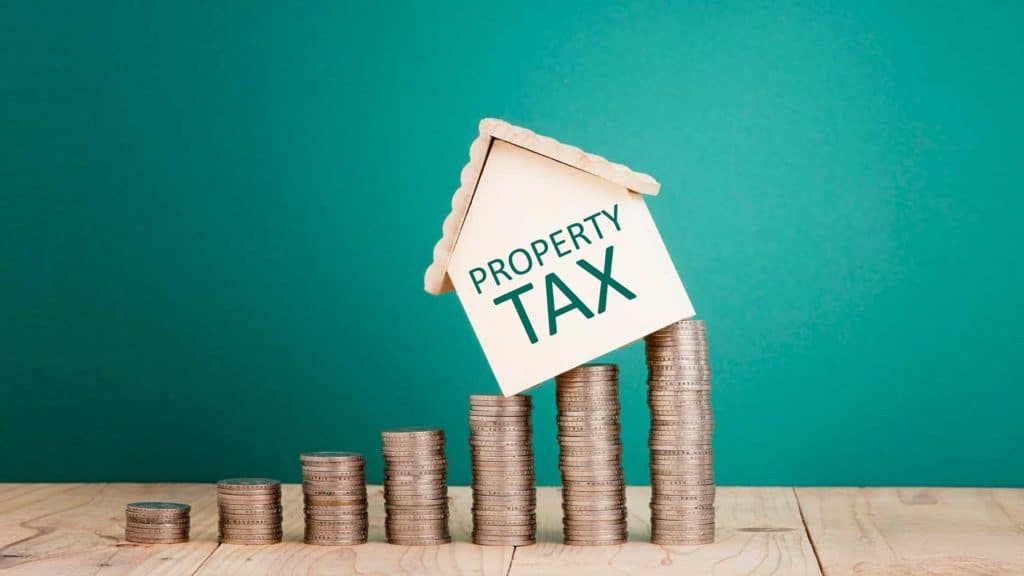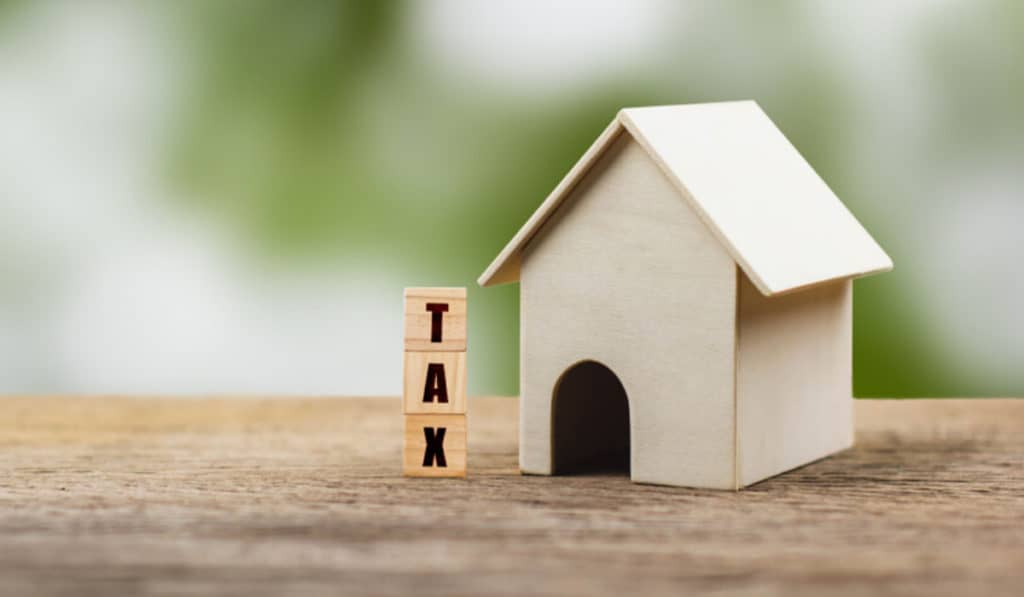
This article will focus on the How To Save Tax On Sale Of Property seller can lower their tax liability that arises from the capital gains that are made on a transaction.
The ownership of a property offers a holder multiple benefits like physical safety, security, and an investment avenue. Therefore, a sale of property results in profits for the owner that the income tax in India treats as income, and taxes are levied. On the other hand, if it isn’t planned carefully, the sale could adversely affect the profit and cause it to be costlier in terms of the tax liability eating into the profits. This is why it becomes even more important for you to find legally accepted means in order to minimize your tax liability on the property sale.
Let’s now understand the factors that determine the tax liability of the property seller of your property:
How To Save On Property Taxes – 3 Factors That Determine The Tax Liability Of The Property

1) The Holding Period For The Long Term Capital Gains Tax – How To Save Tax on Sale Of Property
As per the existing Indian IT laws, the time period when you remain the owner of your property prior to selling it, or the holding period, is a vital aspect that determines the tax liability of the property taxes.
In cases where the IT law perceives the transaction under the short-term capital gains (STCG), the tax liability tends to be higher, as compared to the transaction fall in a long-term capital gain (LTCG), where you are charged about 20.8% of the profit in taxes.
Also, under the IT laws, a taxpayer is liable for several rebates in cases where the transaction is treated as LTCG. On the other hand, the STCG’s scope of lower tax liability is almost non-existent.
2) Investing In A New Property From The Old One – How To Save Tax on Sale Of Property
In case you reinvest the sales from the old property to the new one, your tax liability is mostly considered low or zero, but in a specific period of time and subject to certain terms and conditions.
3) Property ownership – How To Save Tax on Sale Of Property
If you as an individual hold multiple properties, then the tax liability is always considered higher for a seller, unlike the one who owns only one property.
How To Save Tax On Income From House Property – Ways To Help Save The Property Taxes

Listed below are the options that are available to the sellers selling their property in order to save taxes:
1) Section 54 – Purchase Of A New Property – How To Save Tax on Selling Property In India
First things first, if you plan to sell a property within two years after the purchase, the property tax gains would be taken into consideration under STCG, depending on your tax slab.
However, under section 54, the applicability of deductions will arise only in cases where you sell the property after two years of purchase, but here you can earn the profits under LTCG. This means that the profits will be taxed at 20.8%, plus the indexation benefits and relaxations in a few conditions. These conditions include:
The houses you can invest in terms of the capital gains exemption – In this case, you can reinvest the capital gains via the property sale purchasing or constructing two houses and the deduction will only be applicable in case the capital gains do not exceed Rs 2 crores. Also note, this can only be claimed once in a lifetime.
The holding period for claiming the capital gains – Irrespective of the benefits, the law tends to also impose certain restrictions on the purchase time, location, and the holding period of the new property. However, keep in mind that you must not buy the new property a year prior to the sale or post two years of the sale of the main property. On the other hand, if you plan to build the house on your own, the construction must be completed within a period of three years of the sale of the property ( only applicable to India).
Keep in mind:
- The relaxation value of the tax would be reversed if sold within three years of its purchase, affecting the profit that will be treated as short-term capital gains.
- You will have to reinvest the entire profit in the new property in order to claim the tax exemption on the whole LTCG amount.
- You must include all the associated charges of the new property, such as stamp duty, registration charge, and brokerage fee to increase the deduction limit.
2) Indexation Benefits On The Capital Gains – How To Save Money On Property Taxes
Indexation is the process that helps in adjusting the value of the property, for inflation and allows the seller to induce the impact of inflation on the historical cost. This process effectively lowers the amount at which the capital gains tax is charged that you have to pay. Keep in mind that a seller is entitled to avail of the indexation benefit on long-term capital gains.
3) Exemptions Under Section 54EC Over specific bonds – How To Save Tax On Sale Of Property
As opposed to the above mentions, the sellers need not reinvest the sales proceeds of the property to claim deductions, but they can also choose to reinvest in specific bonds.
Under section 54EC, a seller is allowed the exemption of LTCG on the sale of land and building when reinvested in bonds within the time period of six months. These bonds include the ones issued by the:
- Railway Finance Corporation
- The National Highways Authority of India
- Rural Electrification Corporation
Note – This is available on the sale of both, the residential and non-residential properties. Irrespective of it being entirely taxable when the maturity proceeds others become tax-free.
4) Other Exemptions Under Section 54GB – How To Save Tax On Sale Of Property
In this Section, the profits are categorized as LTCG on sale of house or plot, if the proceeds earned are invested in equity shares of eligible companies. In other words, these exemptions will be available in case the profit is reinvested in a small or medium enterprise or even in eligible start-ups.
Also, the holding period for this new asset is capped at a minimum of five years to individuals or Hindu Undivided Families (HUFs) under Section 54GB, only if the taxpayer utilizes it before the due date of furnishing the income tax return.
5) Gains Against Losses – How To Save Tax On Sale Of Property
This means setting off the LTCG from the sale of the house against a long-term loss from selling other assets like stocks and gold, carried forward in the last eight years along with the ones incurred in the present year it is claimed for benefit.
Here’s What The Property Sellers Must Keep In Mind

- In a situation where you choose to invest in a project that is stuck and the developer isn’t able to offer possession, you are still allowed to claim the exemptions under the tax law.
- As per the holding period, your tax bill profit will be considered as STCG or LTCG and taxed, or the application under Section 54 and Section 54EC.
- There are a few values under which a property cannot be registered, as per the state government authorities, even if you agree to sell the property for a lower price.
- There will be a balanced amount that is to be deposited in the Capital Gains Account Scheme in case you are unable to invest in any sales proceeds earned from the transaction into buying a new property or are not able to reinvest the fund into specified bonds.
To Conclude:
We hope that with the help of the article above, the sellers will be able to save on the property tax or the real estate tax that is otherwise incurred.
How To Save Tax On Sale Of Property
FAQs:
1. How to avoid paying short-term capital gains tax on a property sale?
If the sale takes place after 24 months of the purchase of your property, you can save up on the STCG taxes.
2. What is the rate at which STCG tax is imposed on property sales?
The STCG tax is imposed on the property sales that are based on the tax bracket of where the seller falls.
3. What is the rate of tax when LTCG tax is applied on property sales?
The rate of the tax when LTCG is applied is 20.80% on the profit portion of the sale in India.






